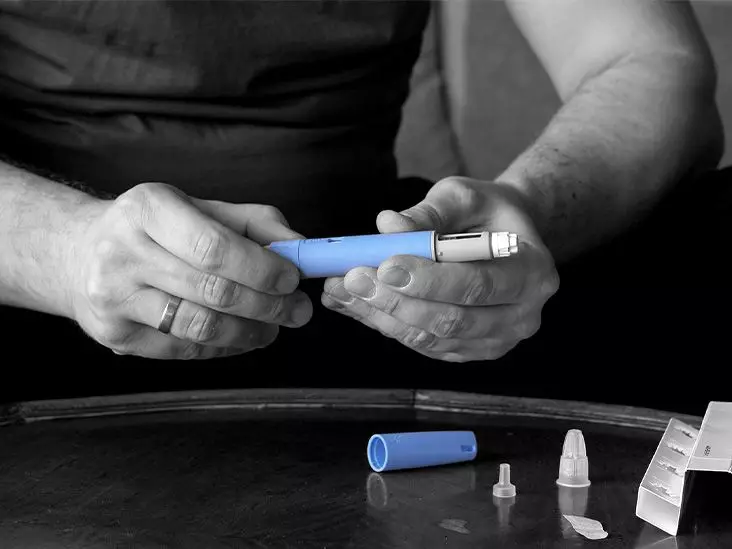Ozempic, a medication composed of semaglutide, has gained prominence in the management of type 2 diabetes. While it’s primarily prescribed to regulate blood sugar levels, it has also been noted for its weight loss effects, despite not being officially sanctioned for this purpose by the FDA. This multifaceted drug is delivered through a pre-filled pen, offering both ease of use and specific dosing mechanisms. In this article, we will delve into the functionalities of the Ozempic pen, dosing instructions, and essential storage guidelines.
The Ozempic pen is designed for convenience, featuring built-in counters that allow users to easily monitor the amount of medication remaining. Typically, each pen is capable of delivering four doses, although the first pen you receive may provide up to six doses in certain circumstances. This is particularly pertinent when you begin your treatment with a lower initiation dose of 0.25 mg, which is given weekly for four weeks. This introductory phase helps your body acclimate to the effects of the medication without significantly impacting blood sugar levels.
As treatment progresses, dosages are adjusted — typically moving to 0.5 mg once weekly after the initial dose, and possibly escalating to 1 mg or even 2 mg per week after that. Each Ozempic pen comes with a color-coded label: red for the low doses (0.25 mg and 0.5 mg), blue for 1 mg, and yellow for 2 mg. This visual assistance helps you quickly identify the correct dosage prescribed by your healthcare provider, which is crucial for effective diabetes management.
The administration of Ozempic involves subcutaneous injections, which should be rotated among various areas of the body to minimize discomfort and skin reactions. Recommended sites include the abdomen, upper arm, and thigh. Each injection should use a new needle to ensure cleanliness and efficacy.
When utilizing the pen for the first time, users are urged to seek professional guidance and training from their healthcare provider. It’s essential to understand the steps involved in administering the medication correctly. The dose counter on the pen plays a key role; it indicates if the pen has enough medication for the prescribed dose. For instance, if the counter shows 0.5 but the person requires a 1 mg dose, the pen should not be used as it does not contain sufficient medication.
Proper storage of your Ozempic pen is vital to maintain its effectiveness. Ideally, the pens should be stored at room temperature, controlled between 59°F and 86°F (15°C to 30°C), or they can be refrigerated at 36°F to 46°F (2°C to 8°C). After the pen is first used, it should remain effective for up to 56 days if kept under these conditions. Importantly, users should never freeze the medication or use it past its expiration date, regardless of its remaining volume.
Upon completing the medication in your pen, or if you find yourself with only residual doses, it is imperative to dispose of the pen correctly. An approved sharps container should be used for safe disposal. Even if there is some medication left in the pen, it cannot be refilled or reused. Visibility through the pen’s window allows you to see the medication; it should appear clear and colorless. Any cloudiness or particles indicates the pen should not be used and must be disposed of immediately.
Utilizing medications like Ozempic requires adherence to dosing and storage instructions set forth by healthcare providers. The stakes are particularly high for those managing type 2 diabetes, as improper usage can lead to uncontrolled blood sugar levels and associated complications.
Moreover, while off-label uses for weight loss have been observed, it is important to remember that such practices should always be conducted under a physician’s supervision to ensure safety and effectiveness. For the best outcomes, maintain regular communication with your healthcare team and ensure that you’re following all guidance regarding your treatment. By doing so, you can maximize the benefits of Ozempic as part of a comprehensive approach to managing your diabetes effectively.

